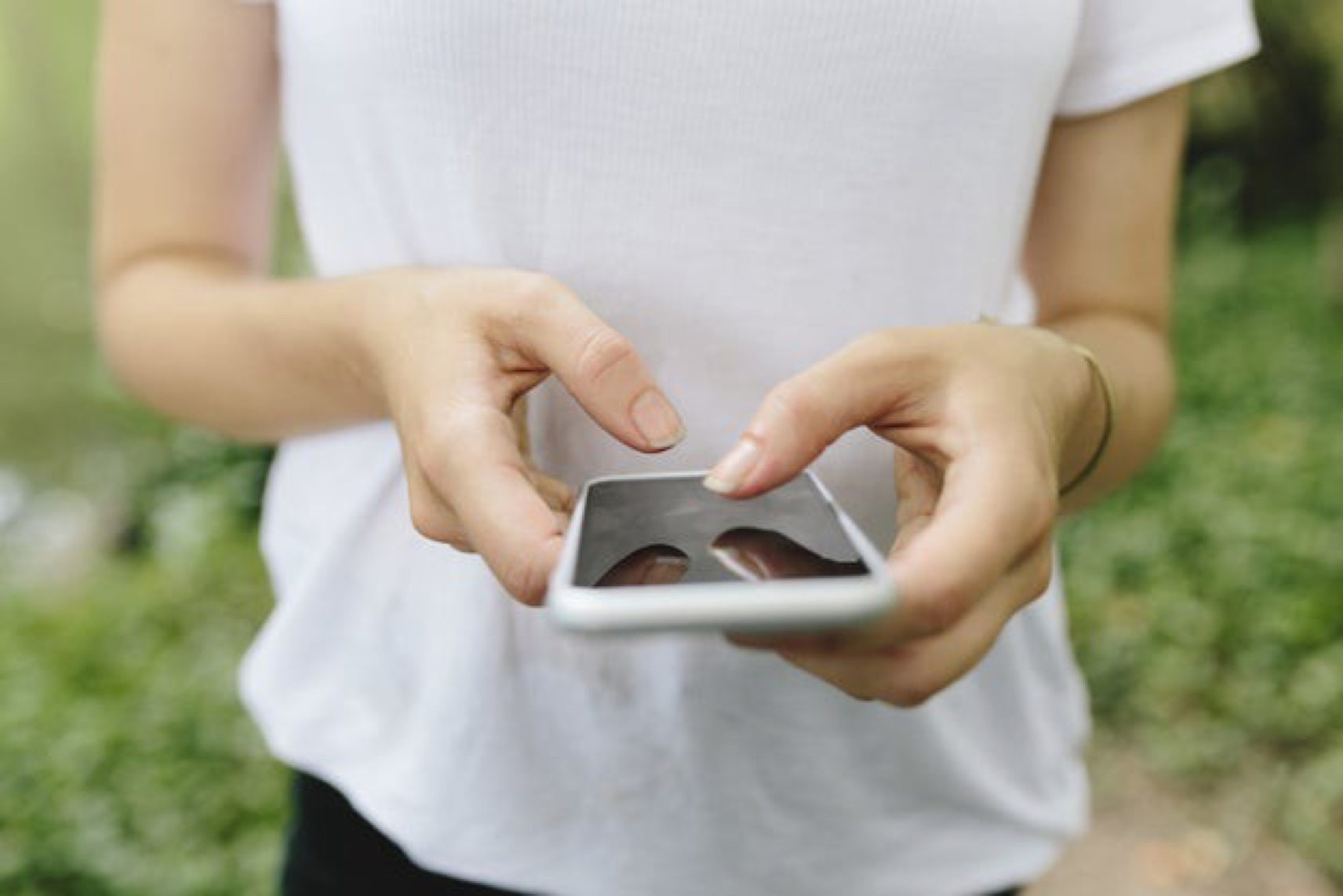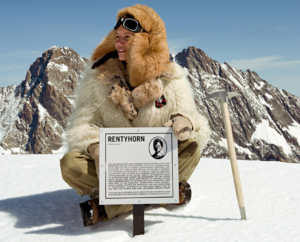If you’re not black and you have black friends whom you are only reaching out to now, be thoughtful about how you do it.
As the continued momentum of this BuzzFeed Books post suggests, it’s clear that many white people have been doing the reading, or at least like to imply that they have. They have retweeted and read the viral posts about how they can help “poc” during times like these (and it’s always “poc,” that generally useless, willfully obfuscating term, as if there isn’t a world of difference between a wealthy Indian American software engineer and an undocumented Latinx farmworker, for example).
“White allies, check in on your black friends!” the tweet or the screenshot or the IG story will go. Show your solidarity, it’ll read.
So why is this frustrating? There are two issues at play here: One is that there can sometimes be a kind of performativity or virtue signaling that happens when a white person texts the one black person they talk to on a semi-regular basis.
Much like Macklemore’s screenshot of his apology to Kendrick Lamar in 2014 for winning a Grammy; such texts serve as ways to ease the emotional burden and guilt that white liberals feel about their privilege. Inadvertently, the black person they text becomes a therapist who must reassure their white “friend” that they are in fact one of the good ones, exonerating them from their guilt. And if the white friend is texting them to learn more about American history or how to help in practical ways, it puts the onus on the black friend to teach them, rather than the white friend simply taking the initiative to find — and do — the reading on their own time.
And then, for me, personally, there is the reality that as much as I ache and mourn the deaths of these black men and women, as a black woman from an upper-middle-class background, my experience with police is not the same as George Floyd’s or Breonna Taylor’s, just as the Harvard-educated black bird-watcher Christian Cooper’s experience is not like Eric Garner’s or Philando Castile’s.
I am less likely to be a victim of such encounters with the police because of my class. That’s not to say I haven’t had a run-in with the police before. When I was a teenager walking to a friend’s house in a predominantly white suburb, someone called the cops because there were apparently a spate of burglaries in the neighborhood. It was confusing and disorienting, but I (naively) never feared for my life. And as much as middle- and upper-class black people like to say that officers are just as likely to shoot at us indiscriminately, the reality is that we still have more resources and power than the working-class black people who have been at the forefront of this movement and who have suffered the most under the heavy hand of the carceral state. It’s not a coincidence that these protests, both in 2015 and now, started in predominantly low-income black areas. The likelihood of me being in a position of having an altercation with a police officer is far lower than it is for someone like George Floyd, and it has nothing to do with my being more or less “deserving” of that treatment.
The high-profile examples of folks like Henry Louis Gates Jr. and even Christian Cooper getting disproportionate press attention for unjustified public displays of racism are indicators of where this power lies. When Gates, an Ivy League professor, was arrested while trying to enter his own home in 2009, Barack Obama, then the president of the United States, had a later ill-advised “beer summit” with him and the police officer about the encounter. When working-class black people are unfairly arrested by the police, more often than not, the wider media never hears about it — or if they do, it’s usually because the black person has been killed in police custody. And the amplification of their stories only usually happens if these victims are fortunate enough to have had someone film the encounter.
Just as I am less likely to be targeted by police merely for walking down the street, compared to a working-class black trans woman, not all black people feel the brunt of white supremacy in the same way in this country. It doesn’t mean that making more money or having a college education will save you from the scourge of racism — but black people living in poverty are disproportionately affected by the police state, and it’s disingenuous to not acknowledge this.
So in light of this reality, pat check-ins from white friends feel misdirected. I am aching and deeply sad, but I should not be the main subject of those sympathies. I am mindful that some black people appreciate these check-ins, who view the act of checking in as a sign that their friends care about their well-being. And the isolation of being one of the few black people working in a predominantly white space (particularly a newsroom) can take its psychological toll. But it’s not the same as being aggressively policed day in and day out the way working-class black communities across the nation are.
It can be difficult to figure out what to say publicly and privately in moments like this, and how to be comforting. There’s a deep, bone-deep fatigue that can set in that we are here yet again, and a paralysis in the midst of all the work that still has to be done.
So if you’re white or a nonblack racial minority and you have a black friend (or black friends plural!) and you talk to each other often, or sporadically but meaningfully, then by all means reach out. Especially if these friends have indicated that they are struggling. That’s always a good cue to drop a short text letting you know that you are thinking about them and you’re available to help however you can if needed. But don’t expect or demand an answer. They will respond to you in their own time in their own way, or maybe not at all, and that is fine. They don’t owe you anything. And sometimes the reassurance lies in the gesture if it is done with meaning and care.
Bear in mind the old adage about different strokes for different folks. As artist Moses Sumney put it before stating his preference for texts only from white folks he talks to on a “deep basis,” “black ppl feel differently about stuff and that’s ok.” ●




